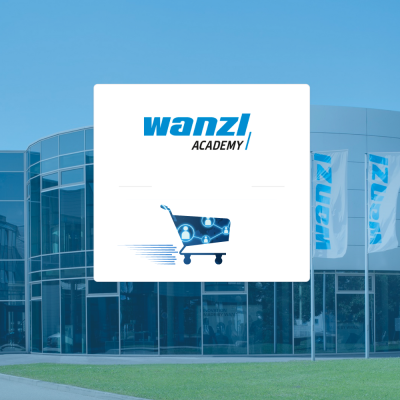Due diligence in the supply chain: companies in the responsibility
The International Labor Organization (ILO) of the United Nations estimates the number of child laborers worldwide at around 152 million - around 73 million of whom are engaged in dangerous or exploitative work. The situation is particularly precarious in developing countries, because where costs can be cut to the bone, human rights, occupational safety and other standards usually play no role - an interplay from which German companies also profit.
The so-called Supply Chain Act is now intended to remedy this situation. Its necessity seems obvious in view of recent survey results: according to these, around one in two companies is too careless about respecting human rights in its supply chain. But what is the Supply Chain Act all about? Which companies are affected? And what will they have to watch out for in the future to avoid coming into conflict with the new law?
A global control obligation for companies - with exceptions
After much back and forth, politicians have finally reached an agreement: The so-called "Law on Corporate Due Diligence in Supply Chains" is now to apply from January 1, 2023. The Supply Chain Act, officially the Supply Chain Due Diligence Act, is one of its main components. It is based on international guiding principles and obliges companies based in the Federal Republic of Germany to monitor and enforce compliance with human rights as well as minimum social and environmental standards among their suppliers.
The legally prescribed due diligence obligations include, among other things, the establishment of a risk management system and include the performance of regular risk analyses, the development and implementation of appropriate measures to address risks, and the establishment of a complaints procedure. However, the new law will come into force in stages: For the time being, it will only apply to companies with more than 3,000 employees. Other companies with at least 1000 employees will not be affected until 2024. Smaller companies can therefore breathe a sigh of relief for the time being.
Be prepared for the Supply Chain Act - but how?
Those who fail to comply with their legal obligations face fines of up to 800,000 euros, or up to two percent of global sales. They can also be excluded from public contracts for up to three years under certain conditions. The new supply chain law poses a Herculean task, especially for industries with complex supply chains and supplier relationships in developing countries, such as the textile and food industries. The idea of such a law is by no means new - other countries have already been holding companies accountable for some time.
Corporate practice will show which measures prove effective and how effectively compliance with legal due diligence requirements can be verified by the German Federal Office of Economics and Export Control (BAFA). For globally operating companies, however, one thing is already certain: regular and up-to-date training will be an important part of the required risk management system. That is why Security-Island offers professional solutions that can be flexibly implemented for supply chain managers and other key positions - globally and in multiple languages.































